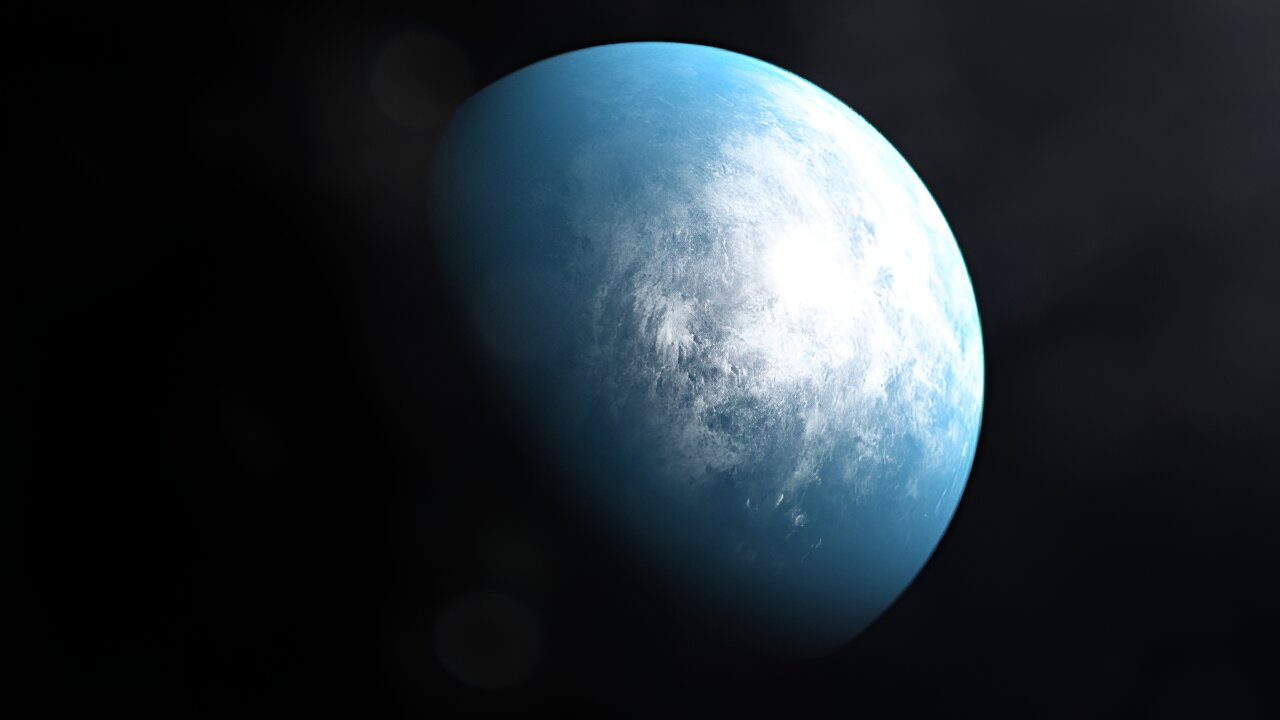A planet relatively close to Earth could be the first ever detected with a potentially life-sustaining liquid ocean outside our Solar System, according to scientists using the James Webb space telescope.
More than 5,000 planets have been discovered outside of the Solar System so far, but only a handful are in what is called the “Goldilocks zone” — neither too hot or too cold — that could host liquid water, a key ingredient for life.
The exoplanet LHS 1140 b is one of the few in this habitable zone, and has been thoroughly scrutinized since it was first discovered in 2017.
It sits 48 light years from Earth, which equates to more than 450 trillion kilometers (280 trillion miles) — relatively close in the vast distances of space.
The exoplanet had been thought to be a small gas giant called a “mini-Neptune” with an atmosphere too thick with hydrogen and helium to support alien life.
However, new observations from the Webb telescope have confirmed that the exoplanet is in fact a rocky “super-Earth”.
It is 1.7 times bigger than Earth, but has 5.6 times its mass.



How can you tell it’s water from the density? I get that they can approximate the density of it from its size and gravitational effect, but surely any number of things (counting blended materials) have the same density as water.
Aren’t they looking at the light instead of gravitational interaction to guess the nature of a celestial body? Like chromatography but slightly further way from?